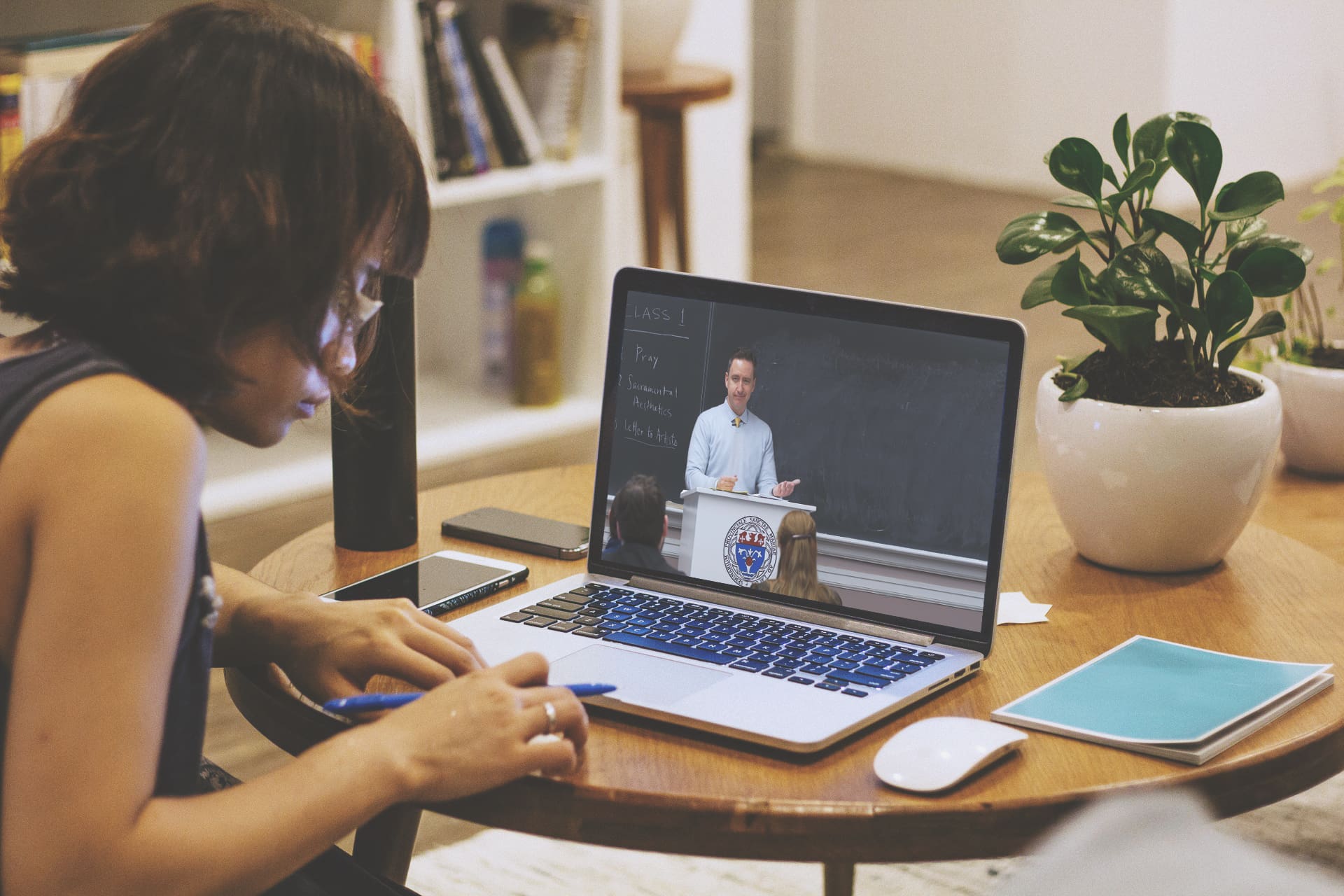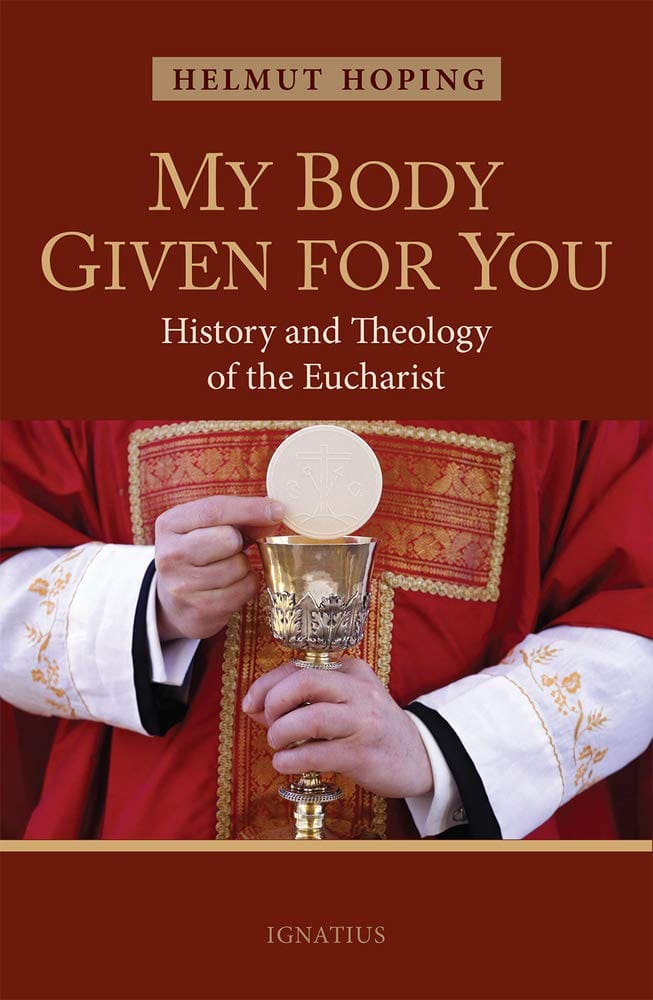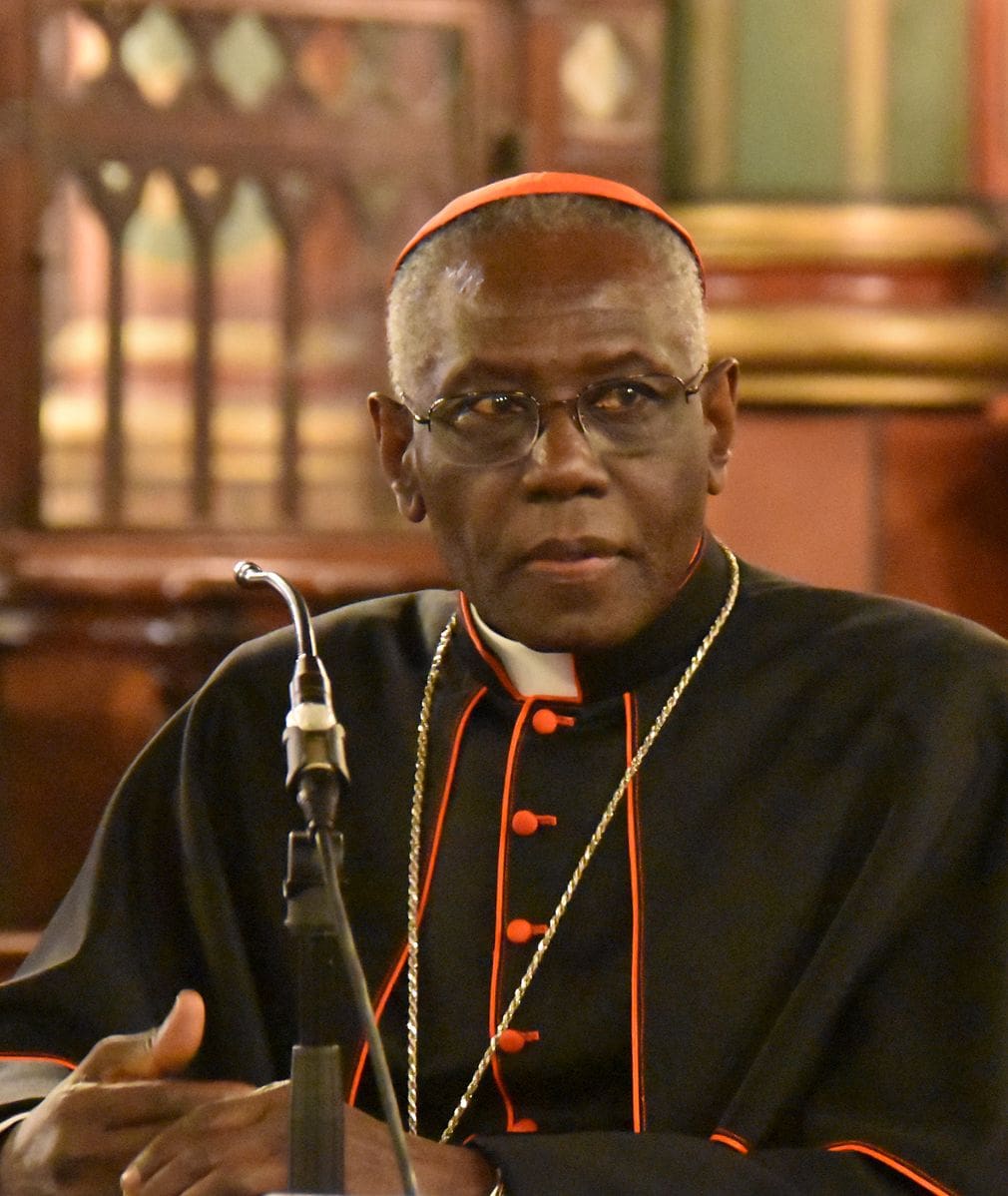Online learning continues to experience a major upswing—and there’s no reason learning about the liturgy can’t be a part of that trend.
For that reason, at least as far as it concerns the Liturgical Institute (LI) at the University of St. Mary of the Lake, Mundelein, IL, the renewal of the sacred liturgy continues apace in real time and more recently online.
This past January, the Liturgical Institute launched its online Certificate Program, which consists of a series of online courses, each consisting of five, one-hour lectures on all things liturgical.
A recent report published by online learning trade publication Learning Worlds indicated that the market for online learning will continue to expand as forecasters predict it will become a $300 million market by 2025.
But as lucrative as online learning may be, LI director Jesse Weiler sees this latest endeavor not as a cash cow to milk but as part of a mission to accomplish: ensuring that liturgical renewal to which the Liturgical Institute is committed also finds a place to flourish online.
Online Explosion
And flourish it has—especially in these otherwise dismal days of lockdowns and social distancing. Before the restrictions imposed by the spread of the coronavirus (COVID-19), the number of subscribers to the online courses, Weiler said, hovered around 400—but after the stay-at-home mandates were issued in March around the country, those numbers more than tripled.
“We have 1,400 students, so we’re growing at a fast rate,” he said. “A lot of that is due to the fact that we recently released one of our courses entirely for free—our Introduction to Sacred Liturgy course with [Adoremus editor] Christopher Carstens. We had that course for a couple years, but when the virus started to spread, I realized that people were going to be locked up in their homes and not have much access to the things they normally would. So I thought it would be a good idea to release one of our courses for free so people could be prepared for when they went to Mass again publicly.”
This sort of liturgical formation is the goal of the online program, Weiler said.
“Our whole purpose here is to see a renewal in the sacred liturgy, and so we don’t want to leave any stone unturned in the process,” he said. “Whether it’s a certificate or degree program, a podcast, a short video series or a virtual conference we’ll be running this summer, we want to make sure people have access to this content to help in the process of this liturgical renewal.”
The overwhelming response verified for Weiler what he already suspected: that there was a place for the liturgical renewal in the media platforms of the online revolution.
“Currently we have ten courses available, and we are releasing a brand new course every month,” he said. “We have a working list of another 10–12 courses we want to record. I have no reason to believe we wouldn’t stop releasing a new course every month, or updating content, or going a little deeper with the content we already released.”
“The Liturgical Institute has always done a good job providing academic content for our audience in terms of liturgical catechesis and formation,” Weiler added. “What we noticed was that there was a need for people to get access to this type of information, but these people weren’t necessarily looking for a master’s degree. So we wanted to create a practical program for people to go online and be able to take courses whether they needed continuing education or professional growth, whether they worked in the parish or diocese.”
Once the courses are uploaded and students purchase them, Weiler explained, the students have access to the courses at any time.
“All courses are on demand,” he said, “and people have access in perpetuity.”
Professors of the online courses also provide certification for those students seeking professional or continuing education, Weiler said.
“If you wanted to receive a certificate of completion to prove professional growth or continuing education units, there are quizzes you can take which, if you average 70 percent, after each lecture we send a certificate of completion for your records.”
According to Weiler, the online courses are attracting more than priests and those working for the Church on a parish or diocesan level.
The courses for the online program, which include such topics as sacred music, sacramental theology, and fundamental principles of the liturgy, are adapted versions of courses offered at LI, Weiler noted.
“The courses we released were cross-sections of our master-degree programs at LI,” he said. “I asked professors to take the courses they were teaching for LI and boil them down to the most basic principles and present that in five, one-hour lectures for us. That was the start of this whole thing.”
Marriage of True Minds
One of the more popular courses in the online program, “Understanding the Sacrament of Marriage,” is taught by Dr. Perry Cahall, an adjunct professor at the Liturgical Institute. A professor of historical theology and academic dean of the School of Theology at the Ponitifical College Josephinum in Columbus, OH, Cahall has published two books on marriage: The Mystery of Marriage: A Theology of the Body and the Sacrament (Hillenbrand Books, 2016) and Living the Mystery of Marriage: Building Your Sacramental Life Together (Liturgical Training Publications, 2020).
According to the description of Cahall’s course at the online program’s website, the set of lectures “prepares those called to the vocation of marriage to live out this beautiful and challenging mystery by sharing the theology, spirituality, and morality of the Sacrament of Matrimony. It is ideal for both engaged and married couples as it will reveal the real nature and purpose of marriage as God has created it.”
Cahall is excited about the new online program in general because, he told Adoremus, it “is making ongoing enrichment and information available to people.”
“The value of this format and these modules available to people is filling in a gap,” he added. “If people want to know about a given topic in Catholic teaching—in my case, marriage—and want to learn something other than by reading a book, they find it engaging to be guided through the material with an online lecture.”
But the online lectures still try to capture the classroom dynamic, Cahall said, as all lectures are recorded before a live audience.
“Recording the lectures was interesting,” he said. “There were students in the room so it was good to get feedback in terms of the looks on their faces. I was able to engage them in questions, so there’s some real live teaching there, and I received immediate reactions from people in the room. I hope when people watch these lectures, they get the same kind of vibe.”
The value of an online course on marriage, Cahall said, is more than academic.
“I think this course on marriage is especially important in the day and age in which we live,” he said. “The Church is trying to do everything it can to get out orthodox teaching on marriage and God’s vision on marriage.”
“This particular topic has a wide appeal because most people are called to the vocation of marriage,” he added. “People are more curious about and want to know how to respond to the culture in which marriage is being redefined.”
There’s also a practical application to his courses, Cahall said, especially in this time of pandemic.
“During this time of quarantine and limited social interaction, a course like this could add some utility and value to someone going through marriage preparation,” he said. “There may be couples who can’t get together for Pre-Cana instruction in their parish, or face-to-face instruction on marriage. So a short course like this might be useful for marriage preparation.”
Where Learning and Liturgy Intersect
Dr. James Pauley’s course, “Liturgy and Discipleship,” is also an offering in LI’s online program. A professor of theology and catechetics at Franciscan University, Steubenville, OH, Pauley is the author of Liturgical Catechesis in the 21st Century: A School of Discipleship (Liturgical Training Publications, 2017). He is also the editor of The Catechetical Review, published by Franciscan University.
In Pauley’s course, he addresses the disconnect between Catholics and the liturgy in today’s Church. As the course description notes, “increasing numbers of Catholics today choose to live apart from the Church’s corporate prayer. Many have not experienced the liturgy as a point of encounter, and many more are uncertain whether such an encounter with God is even possible.” In addressing this disconnect, Pauley’s course “places maximum emphasis on apprenticing people into an active and fruitful sacramental life in Christ.”
Pauley said that his course provides students with a basic framework by which they can understand how catechesis and liturgy intersect.
“After all, if the liturgy is the ‘source’ and ‘summit’ of the Christian life, then the utterly unique and transformative encounter with God which the liturgy makes present cannot be set to the side,” he told Adoremus. “A deep and transformative liturgical life cannot be envisioned only for those who are mature in the Christian life. Rather, awakening people to the meaning and power of the liturgy—and preparing them to invest themselves into the Church’s corporate prayer—should be central to all our endeavors to help people come to know the Lord and follow him.”
His course, Pauley said, will benefit especially those in the Church who are either interested in or involved in liturgical planning and catechetical ministry.
“Forming people for intentional investment into liturgical prayer isn’t accomplished merely by telling people more about the liturgy,” he said. “Rather, what we communicate to others has to be done so in such a way that it might be heard, received, taken to heart. In this course, we think through the intricacies of how to fruitfully prepare people today for the liturgical encounter with God.”
According to Pauley, the LI online program has allowed him to travel around the world with the message of hope that his course offers.
“One of my favorite surprises with teaching online is the broader reach that such a medium provides,” he told Adoremus. “Students who could never afford to relocate to a particular campus in the United States have access to academic studies while remaining at home and, in many cases, without having to leave a job or take vacation time. I’ve had students from a wide variety of regions in North America, but also from New Zealand, Nigeria, Ireland, Scotland, Singapore, and Lebanon.”
Pauley and his course are in many ways an exemplar of what an online program in the liturgy can provide to students. In fact, the online format is relatively old hat for Pauley.
“I’ve been creating and teaching online courses now for five years at Franciscan University of Steubenville,” he said. “At first, I was very hesitant to dip my toes into these waters as I am a bit of a technophobe, if truth be told. But it has grown on me, especially since I’ve received enthusiastic feedback from students who benefit from this mode of learning.”
All Adoremus readers can purchase any course for 50% off the retail price by going to www.liturgy.online and using the code ADOREMUS at checkout.
Editor’s Note: An earlier version of the story appeared at Catholic-link.org.


